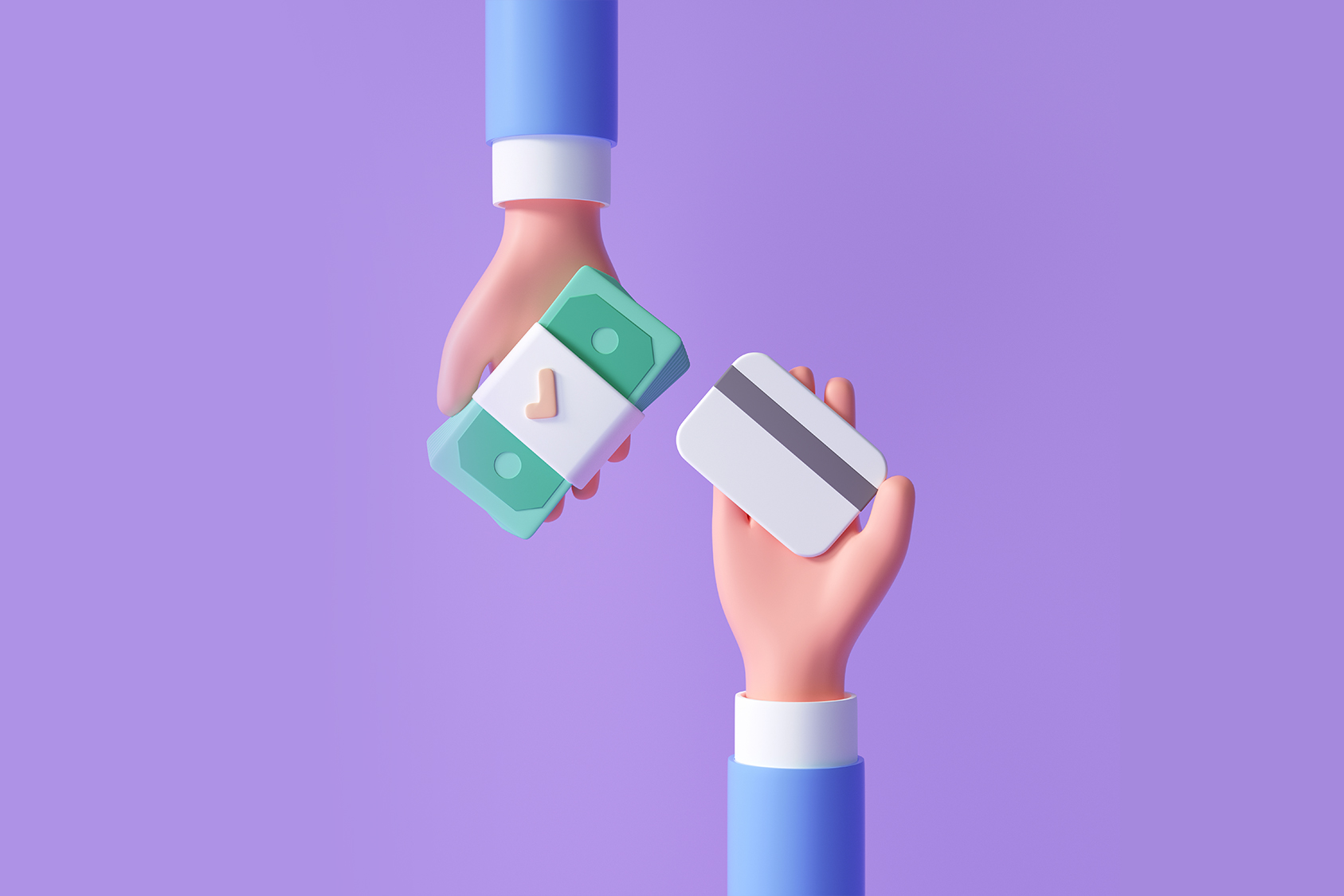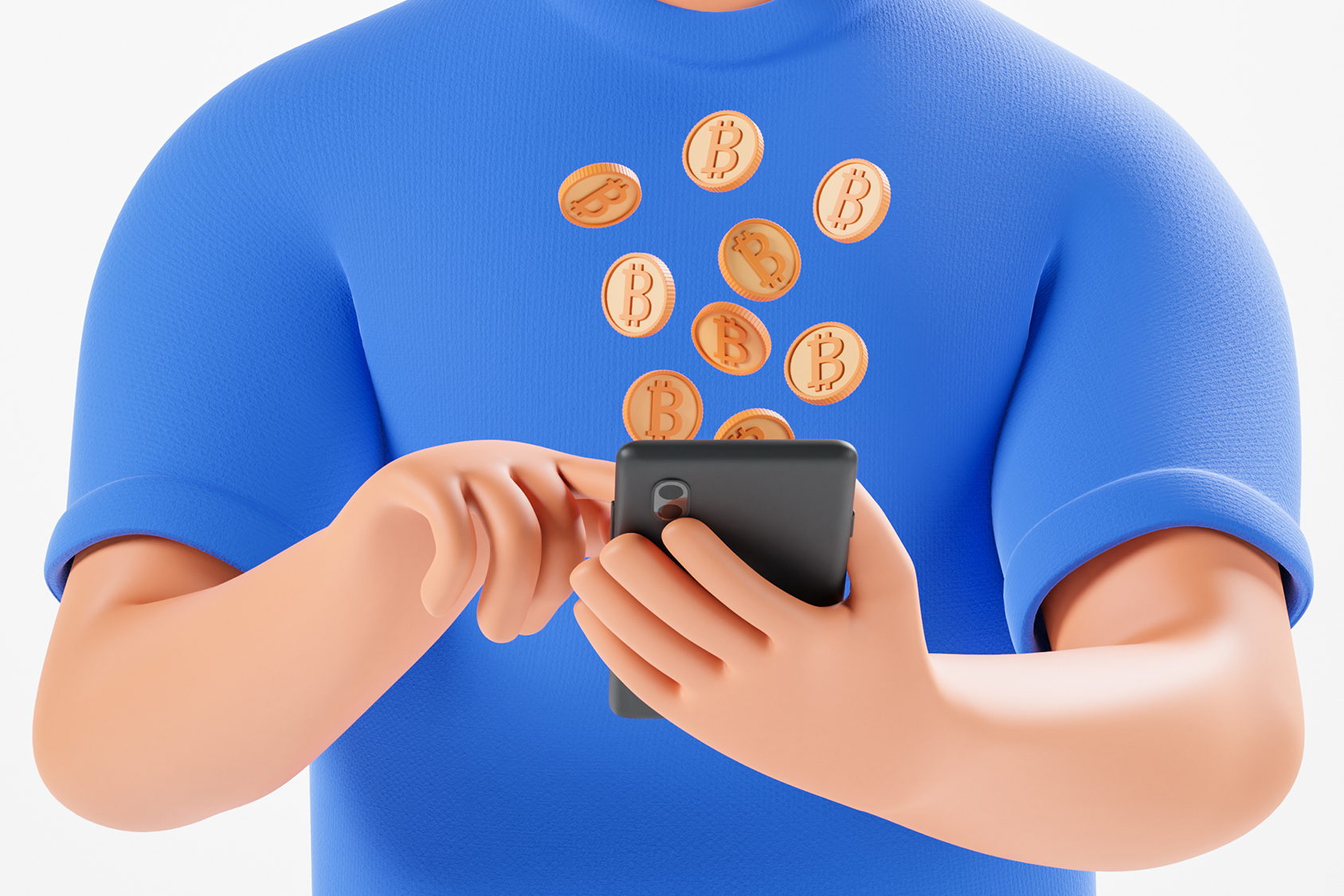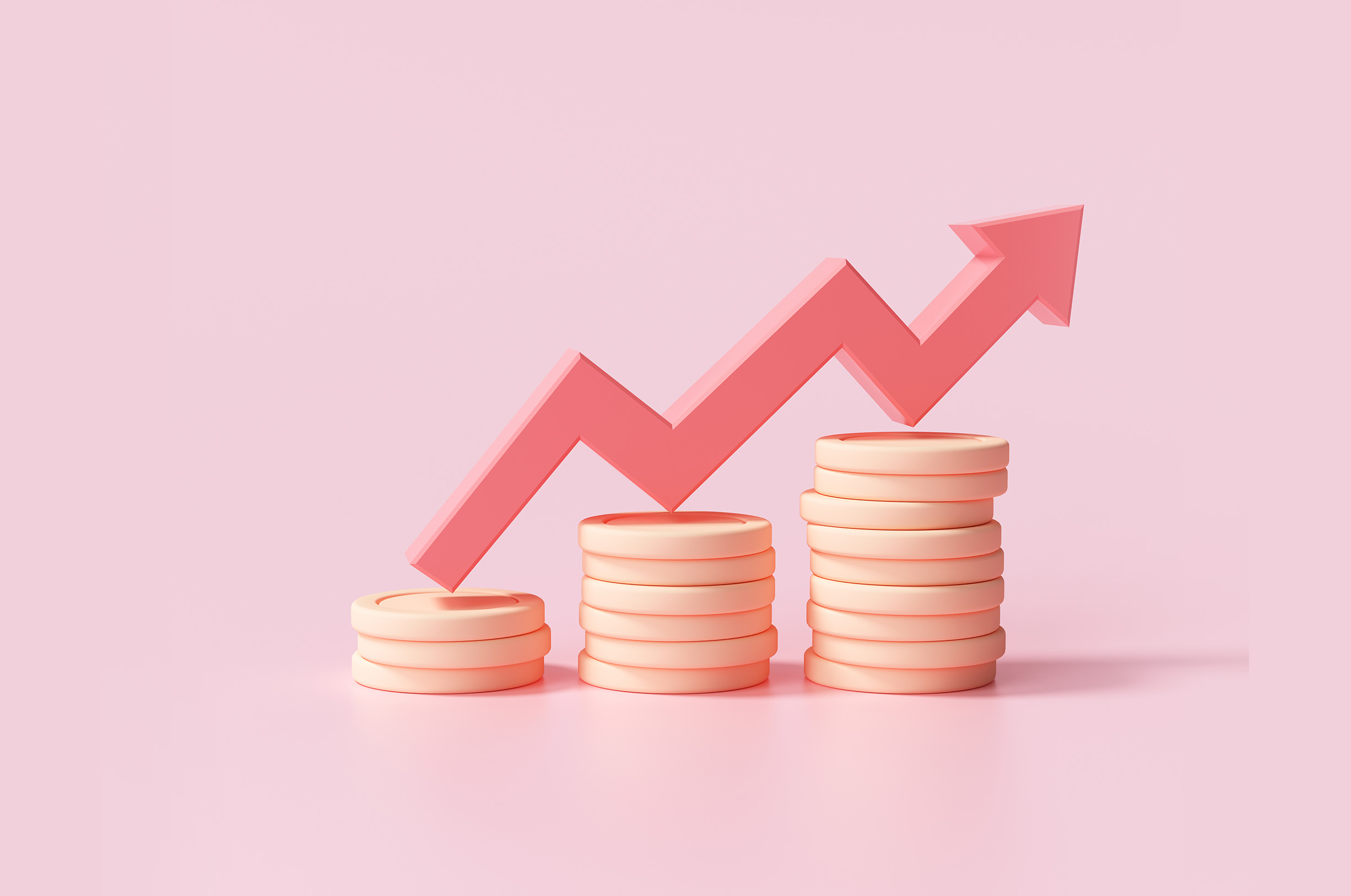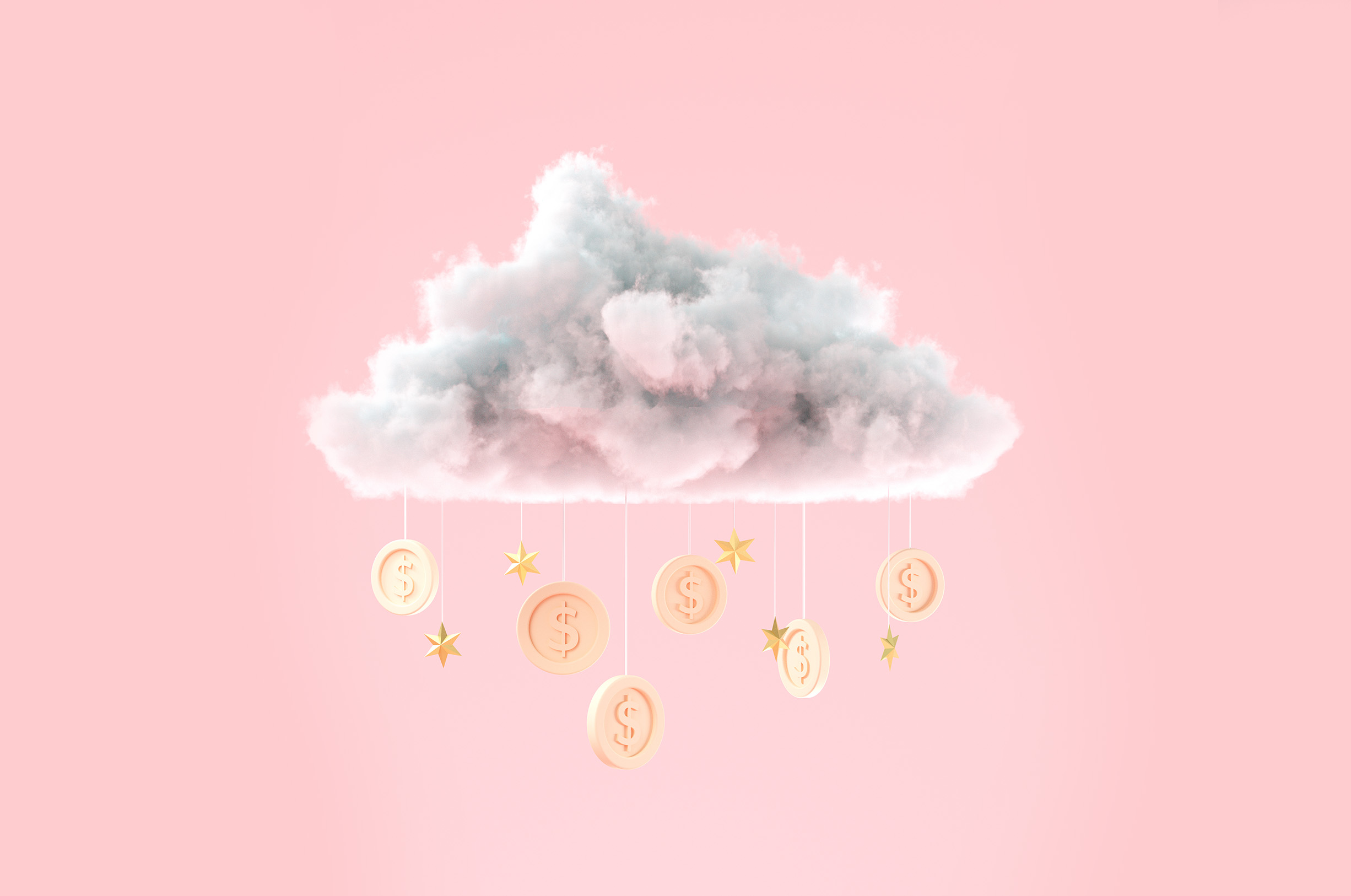”“I have directed Secretary Connally to suspend temporarily the convertibility of the dollar into gold or other reserve assets, except in amounts and conditions determined to be in the interest of monetary stability and in the best interests of the United States.”
Richard NixonAugust 15, 1971
Money is one of the concepts that has undergone most development and transformation in the recent history of human civilization, considering that only the last thousand years was flourishing for humankind. In its purest form, money was the instrument necessary for the exchange of goods and services and its evidential use is known to be as old as humanity itself.
The earliest forms of money or payments were practical and physical commodities such as salt -which was crucial in daily life due its use as a food preservative. There are also records of pay stubs that are thousands of years old from Mesopotamia and Egypt that show the amount of beer paid to workers as income, beer being a strong source of nutrition.

Growth of trading and commerce evolved money into a more abstract but still physical material of rare metals, and gold and silver reigned the economy for more than 5000 years. Abstraction continued with the invention of “legal tender” aka “paper money” around the 18th century. This was a requirement that came from the industrial revolution and banking that had started in England. During the late 60s credit cards, pieces of plastic with some numbers written on them, were introduced to the market with the slogan “Think of it as money”.
They could be used in commerce instead of a duffel bag full of cash. Today, we are talking about digitalization, the total abstraction of money which is leading us to a completely “cashless” world. We are witnessing that even credit cards as physical objects have started to disappear with the booming digital payment technologies. Today there are a myriad alternative tools and instruments to card-present transactions such as cryptocurrencies, near field communication enabled devices, electronic wallets, instant payment networks and many other alternatives.

According to the World Bank data, “Two-thirds of adults worldwide now make or receive a digital payment” It is almost preordained that money as an instrument will undergo more abstraction and will cease to exist as we know it today. For the collective consciousness, the future sometimes is worrying, with all its uncertainty considered. Technology, moreover, is even scary due to its mysterious and complex nature. The concerns of the public related to the digitalisation of money are completely natural as a reaction to the unknown, unseen and even ethereal.

When we talk about digital money or digital transactions, most people tend to think of a line of code or number written somewhere and perceive a frail and unreliable situation. However, for the people who are inside the financial industry and financial technology industry, these concerns are not well-founded considering that financial technology came a long way over the last 50 years. The technology and systems we use today are the product of millions of man hours spent on academic, practical, technical, and regulatory research. I believe however, over time and with the help of communication efforts from the financial and information technology industries these fears will dissipate.
Undeniably, digitalization of money, and therefore abstraction of payments, has boosted commerce, trade, and the economy. An intra-country bank transaction used to take 1-2 days and the extremely costly international transfer took even longer – with so many things to go wrong in each international payment. Today, real-time transfers are becoming the norm.
Not long ago, cross-border trading required capital, expertise, and a set of complex rules which could be considered as esoteric knowledge for almost everyone. It was accessible by a select few enterprises or individuals. The internet becoming widespread, payment and digital money instruments being available to everyone, cross-border trading is is possible for every person who has access to the internet. You can sell your merchandise or service from a house in a rural area in the Far East to an address in downtown London or Manhattan and get paid almost immediately.
Today it is completely possible for anyone to get a job in a company, open a digital bank account using their smartphone, get paid every month to that account, and do all their purchases and payments without seeing or touching anything made of paper.
Digitalization of money is an important contribution to the war against financial crime, indirectly making some crimes more inconvenient. This is supported by sophisticated Anti Money Laundering and Anti -Fraud techniques backed by ever evolving IT systems. According to Europol, Cash is still king: Criminals prefer cash for money laundering.

